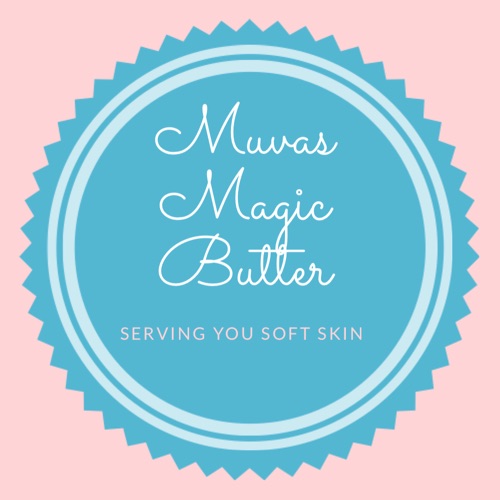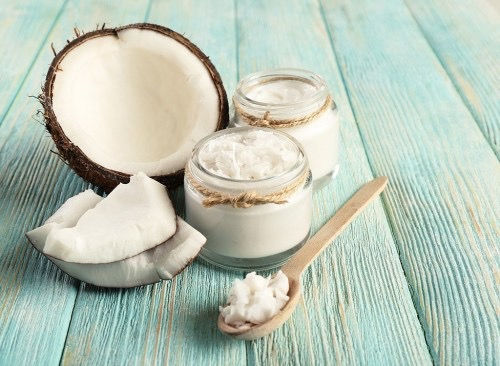ACV Talk
- MuvaB

- Aug 20, 2019
- 2 min read
Apple cider vinegar (ACV) is made when apple cider is fermented with yeast and other helpful bacteria. This fermentation process creates a compound in the vinegar called acetic acid, which is well known for its antibacterial and antifungal properties. Most of the effectiveness of apple cider vinegar relies on the fruit acids it contains, such as acetic acid and malic acid.
ACV has been my best friend for a few years. I've used it for weight loss and incorporated it into my skin routine. One of my favorite ways to use apple cider vinegar is with the Bentonite Clay mask. It instantly clears up my face from unwanted breakouts. Some people use water with the clay, because ACV may be to strong for some. But I have found that using ACV has helped heal my skin in a lot of ways. However, you do have to be careful on how often you use this product because it can do damage due to its highly acidic nature.
Apple cider vinegar can be use on the skin as a toner and spot treatment. I love this because it really does work. I use ACV as toner only twice a week. The role of the toner when using apple cider vinegar in skin care, is to cleanse and tighten the skin to help protect it from bacteria and other impurities. Apple cider vinegar is an astringent, which can function as a toner when applied to the skin. A spot treatment is a quick way to halt rogue blemishes as soon as they appear. To make your own apple cider vinegar spot treatment, simply dab a small amount onto the blemish with a soaked cotton swab or cotton ball. It may help to prevent those ugly stubborn pimples from fully forming.
If you haven't tried ACV in your skin routine, I recommend you to give it a shot. It's a great natural substance. Has ACV been a benefit to you? Drop a comment below.





Comments